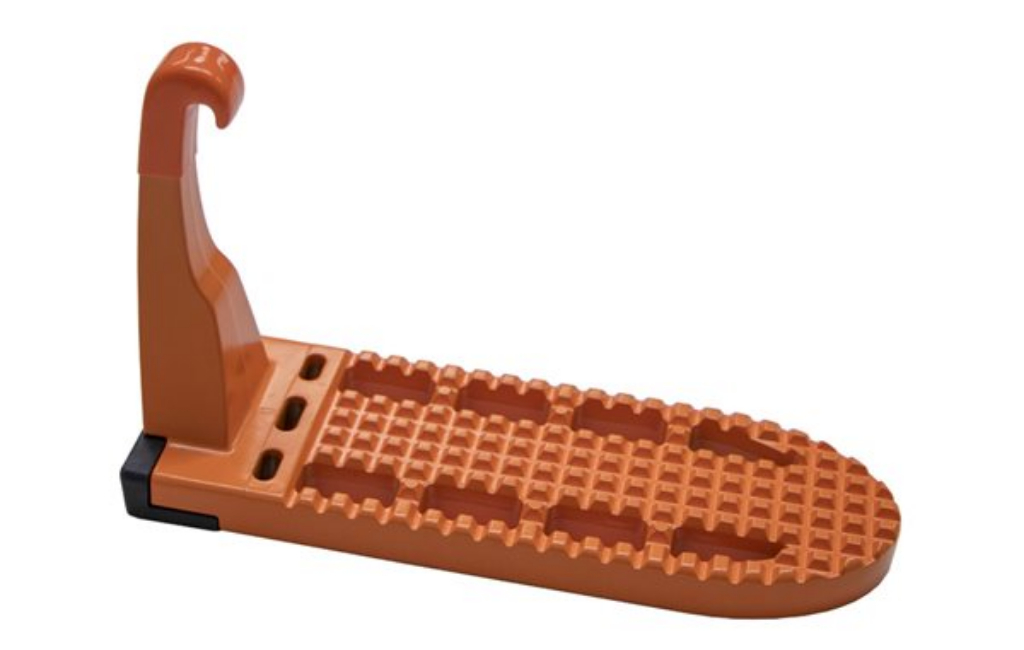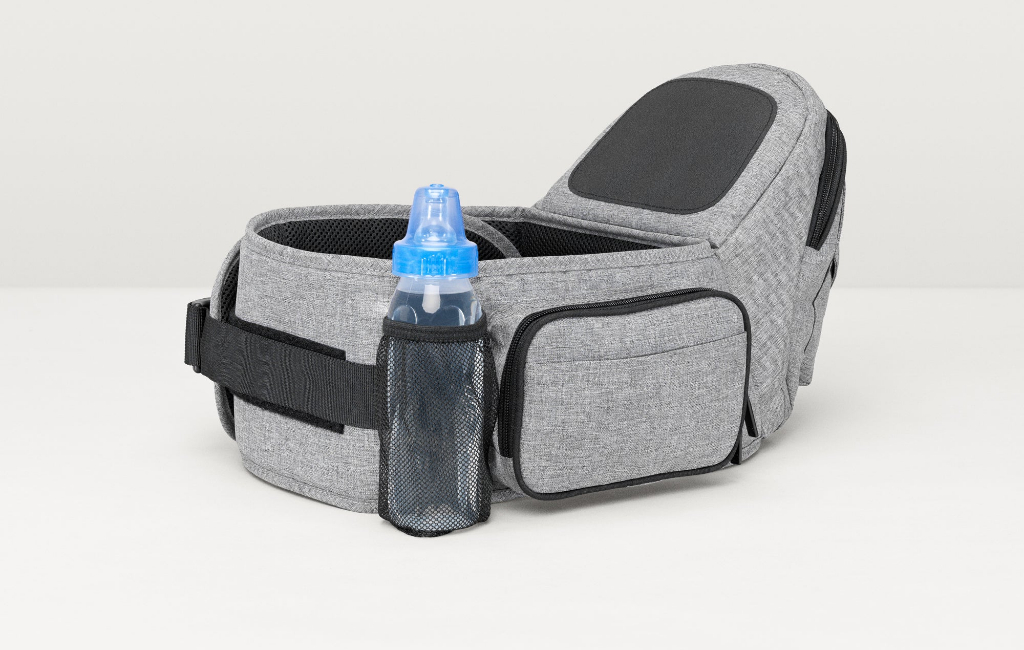Sproing Fitness Low Impact Running Surface
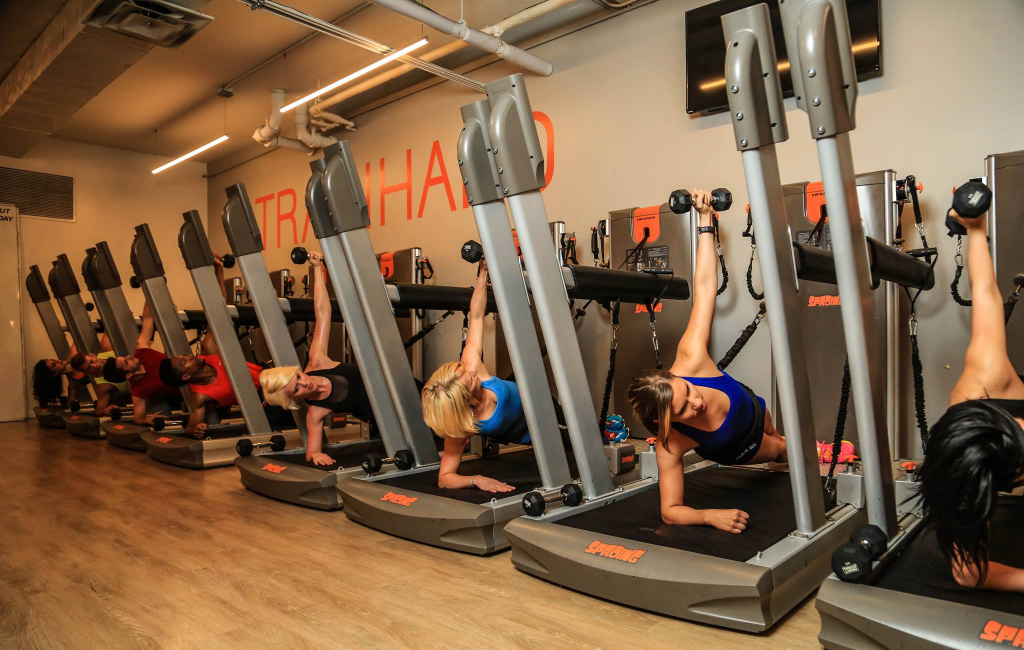
NO DEAL
EPISODE SUMMARY
🕓 Air Date: January 6, 2019
Asking For:
$500,000 for 8%
Investor:
No Deal
Deal:
No Deal
PRODUCT SUMMARY
Sproing Fitness introduces a revolutionary running machine, replacing traditional treadmill decks with a soft, impact-absorbing air cushion, aiming to eliminate injuries caused by conventional running.
WATCH HERE
IN A RUSH?
Click these to jump to the section you want to read.
Background Story
Sproing Fitness, based in Chicago, Illinois, was founded by Paul Toback and Steve Lenz, two avid runners who recognized a critical issue within the fitness industry. As seasoned runners themselves, they were perplexed by the fact that 85% of runners suffer injuries each year. Determined to find a solution, they honed in on the treadmill, identifying it as a significant contributor to these injuries. Paul Toback, the former CEO of Bally Total Fitness, brought a wealth of experience in the fitness industry to the table. Steve Lenz, on the other hand, was a distinguished engineer specializing in treadmill technology. Lenz held the distinction of having more treadmill and elliptical patents than any other individual globally.
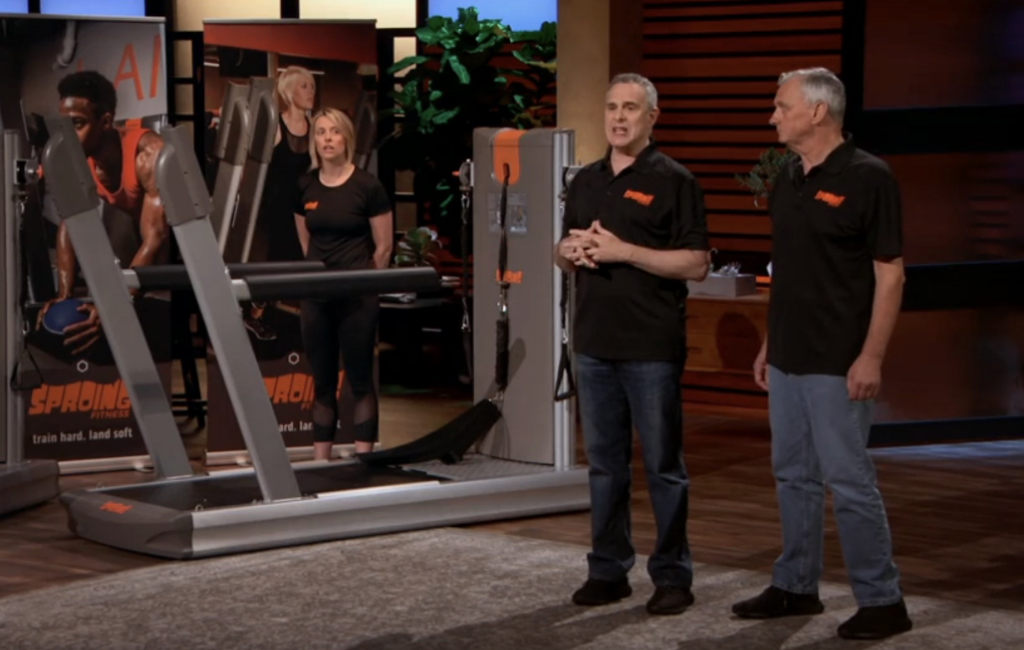
The combination of Toback’s executive leadership in the fitness sector and Lenz’s expertise in treadmill engineering laid the foundation for their ambitious venture. Their eureka moment came when they questioned the fundamental mechanics of running on a treadmill. The realization that traditional treadmills forced runners to adopt an unnatural gait, leading to injuries, prompted Toback and Lenz to reinvent the running experience. Their brainchild, Sproing, emerged as a groundbreaking running machine designed to address the shortcomings of conventional treadmills. Sproing Fitness transcended the typical treadmill design by replacing the hard wooden deck with a soft, impact-absorbing air cushion.
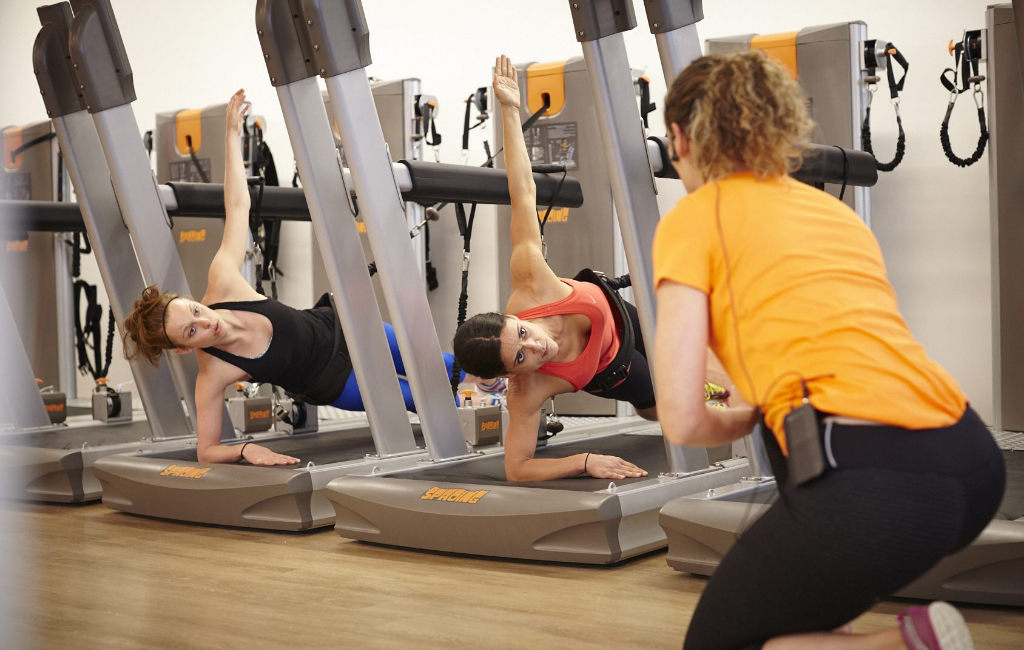
This innovative approach allowed users to experience the sensation of running on a beach, eliminating the pounding on joints associated with traditional treadmills. The duo leveraged their extensive backgrounds, not only in fitness but also in treadmill engineering, to bring Sproing to fruition. Their vision extended beyond selling fitness equipment; they sought to revolutionize the fitness studio market by opening Sproing studios in key locations like Chicago, Houston, and Baltimore. The founders’ commitment to innovation, coupled with their firsthand understanding of the fitness industry, laid the groundwork for a product that aimed to redefine the way people approached running and cardio workouts.
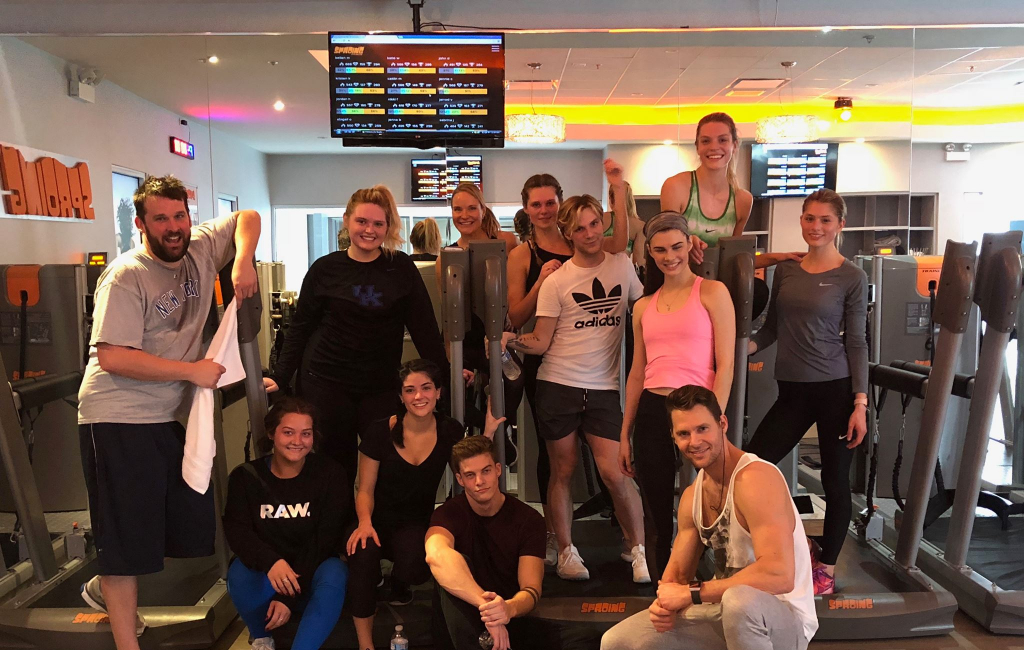
The Product
Sproing Fitness introduces a groundbreaking running machine that revolutionizes the traditional treadmill experience. Unlike standard treadmills, Sproing utilizes a soft, impact-absorbing air cushion instead of a hard wooden deck. This innovative design allows users to feel as if they are running on a beach, reducing the impact on joints and mitigating the risk of injuries associated with traditional running.
The core feature of Sproing is its rear-tether system, enabling users to lean forward and simulate real running without the need for a moving belt. This eliminates the common issue of landing on the heel, preventing stress on the knees, hips, back, and ankles. The machine is equipped for versatile workouts, combining cardio, strength, and power exercises. Classes typically involve 60 intervals in 30 minutes, following a Tabata-style regimen for optimal heart rate elevation.
Priced at $6,499, Sproing targets fitness enthusiasts seeking an effective and injury-free running experience. The machine is not just a standalone product; Sproing Fitness has expanded its reach by opening studios in major cities, offering fitness classes that incorporate the use of Sproing machines. These studios, currently located in Chicago, Houston, and Baltimore, provide a structured environment for users to experience the benefits of Sproing under professional guidance.
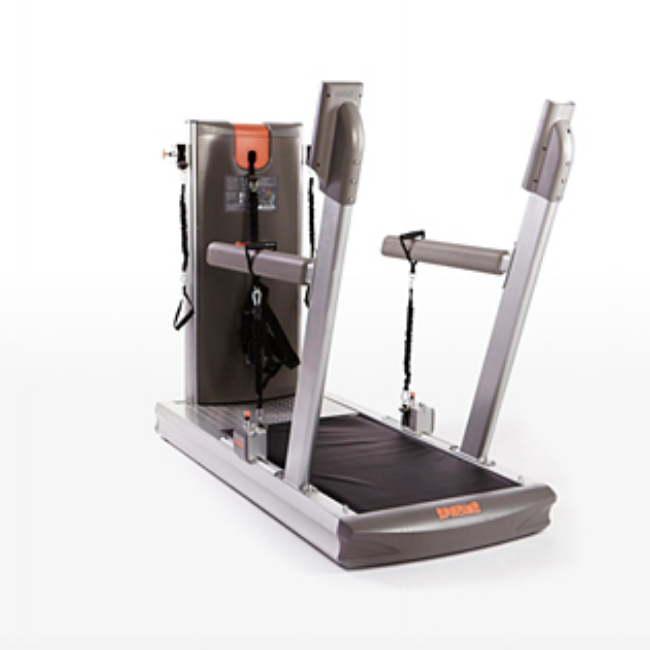
How It Went
The company’s position before Shark Tank
Sproing Fitness embarked on its journey with a mission to redefine the fitness industry, particularly in the realm of running machines. The company initially faced challenges when attempting to convince traditional fitness equipment manufacturers to adopt their innovative product. Despite this, Sproing pivoted successfully by transitioning its focus from selling equipment to opening its fitness studios. Currently, Sproing Fitness operates four studios, strategically located in Chicago, Houston, and Baltimore.

The founders, Paul Toback and Steve Lenz, have invested approximately $2 million of their own capital into the venture. While they faced challenges in convincing health club owners to adopt their product, Sproing found traction in rehab centers and private training studios. The company’s revenue stream primarily comes from the sale of their innovative running machines and the services offered in their fitness studios. The company’s financial health is supported by the founders’ personal investment, showcasing their commitment and confidence in the long-term success of the venture.
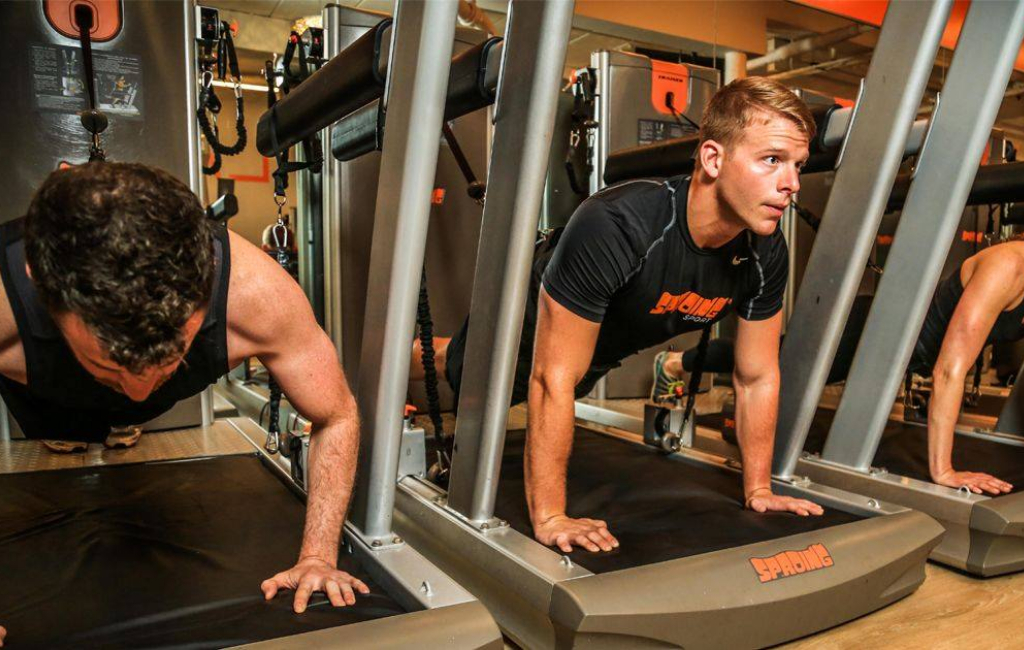
Sproing Fitness is currently structured as a company focused on both product sales and the operation of fitness studios. The transition from selling equipment to providing fitness services aligns with the founders’ vision to not only offer a revolutionary running machine but also create an immersive fitness experience. The company’s strategic expansion into major cities and the success of its initial studios underscore its potential for growth and impact within the fitness industry.
The Negotiations:
In the “Shark Tank” negotiations, Sproing Fitness faced a challenging reception from the Sharks, with varying degrees of skepticism about the viability of their business model. Mark Cuban, recognizing the effectiveness of the workout, expressed concerns about its long-term appeal. Lori Greiner and Kevin O’Leary quickly expressed doubts about the business model, with Greiner emphasizing her preference for consumer products. Daymond John highlighted the need for broad appeal, expressing concern about the educational effort required to make people aware of this new type of workout.
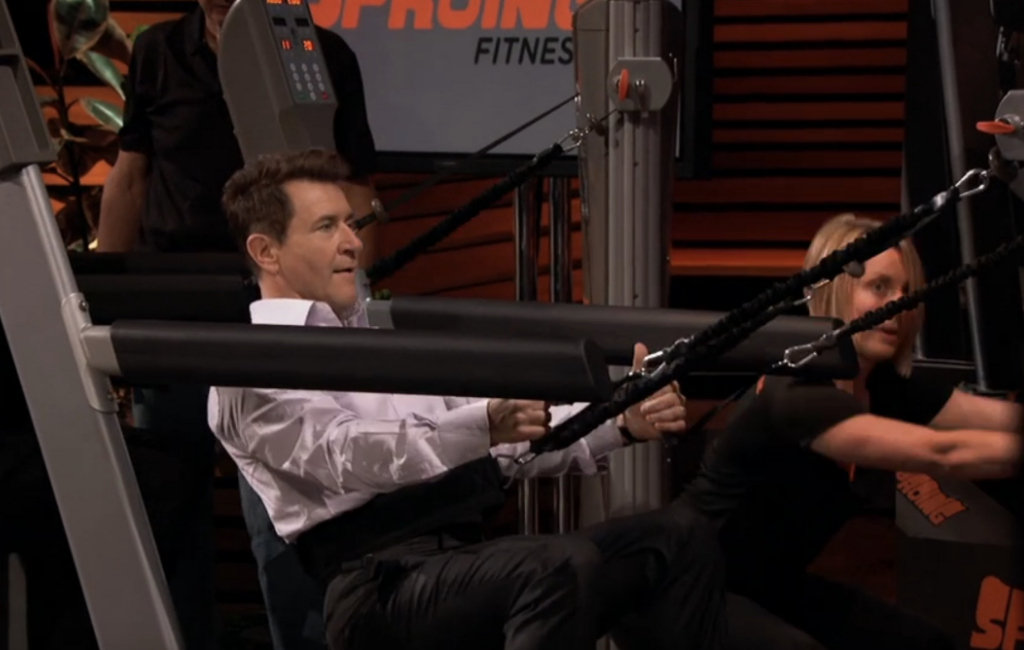
Despite the founders’ passion and experience, the Sharks were skeptical about the studio-focused approach. Lori Greiner, known for her expertise in consumer products, swiftly opted out, followed by Kevin O’Leary, who offered a memorable analogy suggesting the founders take their venture “behind the barn and shoot it.” Mark Cuban and Daymond John, while appreciating the workout’s effectiveness, ultimately decided to pass on the opportunity.
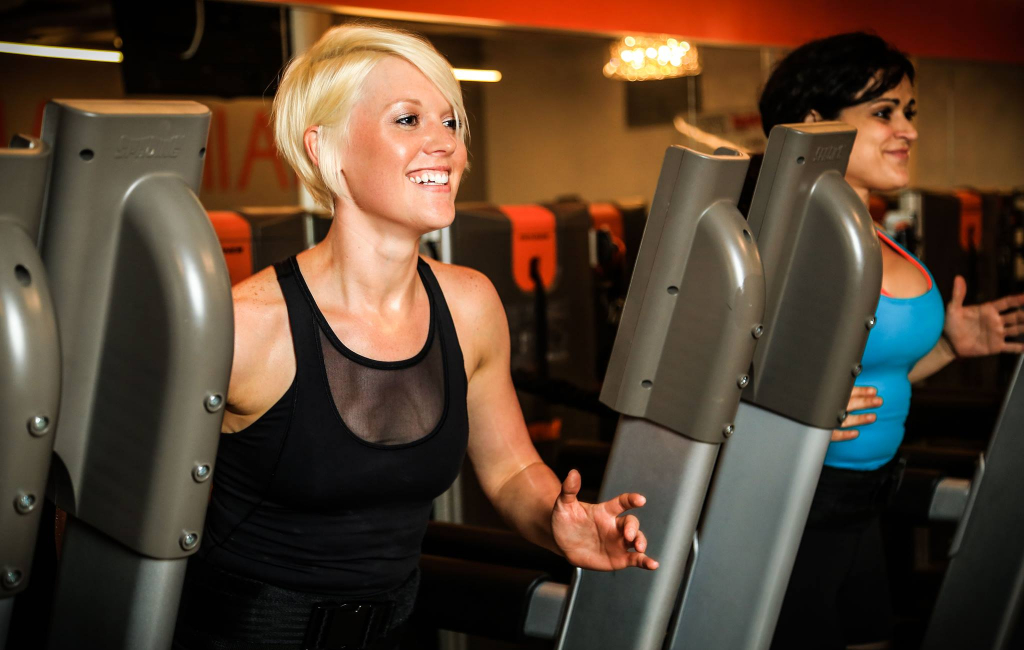
Despite the rejection, the founders remained confident in their product’s billion-dollar potential, expressing disappointment that the Sharks did not see the rapid scaling potential of Sproing Fitness. The negotiation highlighted the challenge of introducing a novel fitness concept and the difficulty in convincing the Sharks about the long-term sustainability and appeal of Sproing’s studio-focused model. While the Sharks recognized the effectiveness of the workout, concerns about market saturation and the adaptability of the business to changing fitness trends ultimately led to a unanimous decision against investing in Sproing Fitness.






